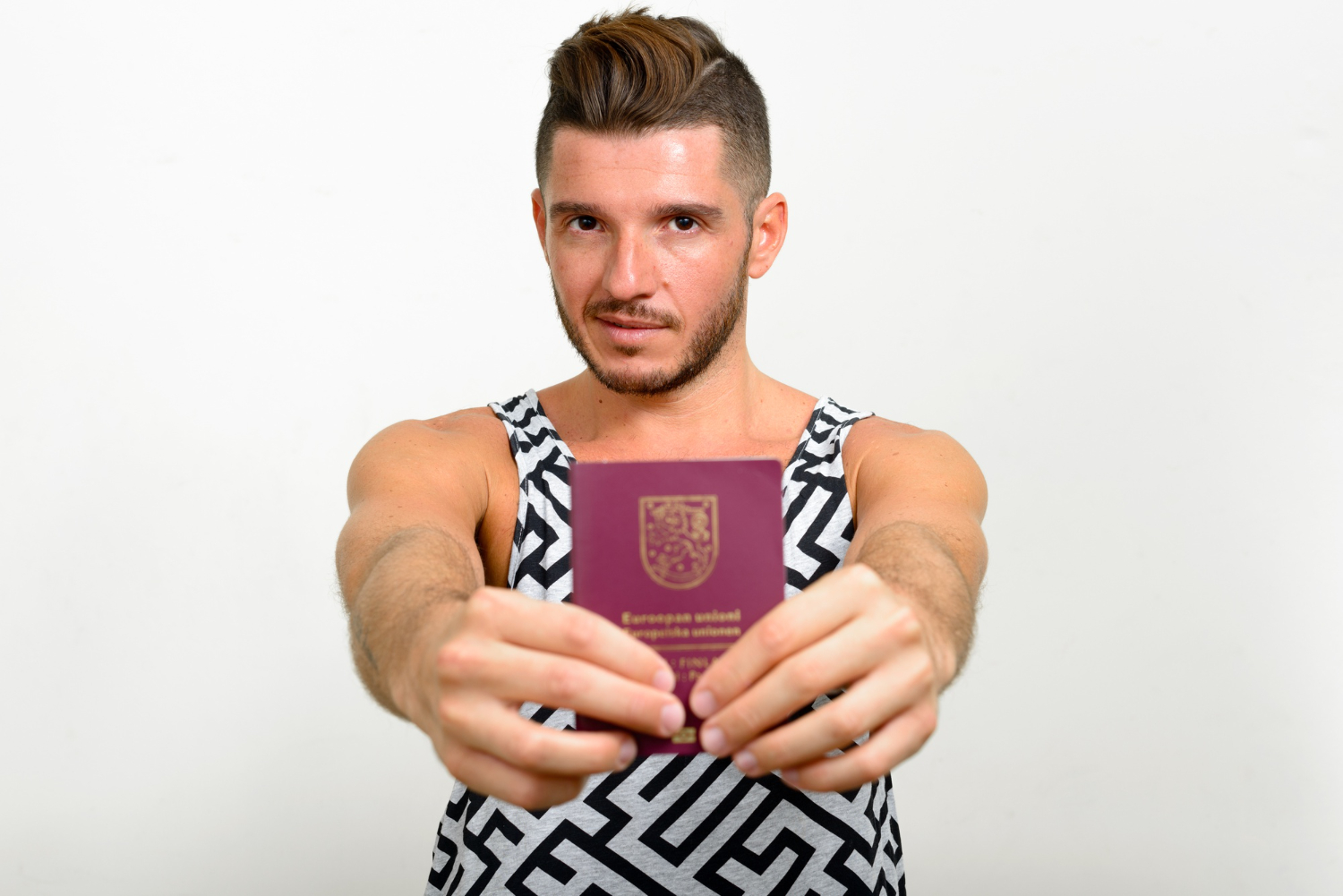Traveling outside the United States is often considered a chance to explore new opportunities, cultures, and adventures. But if you’re someone with a felony on your record, you may be wondering if you can even get a passport to make that dream a reality.
The simple answer? Yes, but it depends on your specific circumstances. There are misconceptions about felons being entirely barred from getting passports, but U.S. laws generally allow it—with certain conditions. This blog post will walk you through the factors that influence passport eligibility, the steps you can take to apply, and the potential restrictions you may face when traveling.
Can You Still Get a Passport If You Have Felonies?
The good news is that having a felony on your record doesn’t automatically disqualify you from obtaining a U.S. passport. However, there are exceptions.
The U.S. Department of State is responsible for issuing passports, and it evaluates applications on a case-by-case basis. For most felony convictions, once you’ve served your sentence—including probation or parole—you can apply for a passport. But certain convictions and legal issues may create roadblocks, which we’ll discuss next.
Factors That May Impact Your Passport Eligibility
1. Outstanding Legal Issues
Having active legal problems can delay or derail your passport application entirely. Key issues include:
Outstanding Warrants
If you have a federal, state, or local felony warrant, your passport application will likely be denied until the warrant is resolved.
Parole or Probation Restrictions
People on parole or probation often have travel restrictions. You may need prior approval from your supervising officer or a court before you can even consider applying for or using a passport.
2. Specific Disqualifying Offenses
While most felons can apply for a passport, you’ll face automatic disqualification if you were convicted of certain offenses, such as:
International Drug Trafficking
Federal law prohibits issuing passports to individuals convicted of using their passport to commit international drug trafficking crimes.
Treason or Espionage
Convictions related to betraying the U.S. can make you permanently ineligible for a passport.
Sex Tourism or Crimes Against Minors
Offenders convicted of crimes like child trafficking or exploitation may be categorically ineligible.
3. Unpaid Financial Obligations
Even if your felony isn’t disqualifying, certain financial obligations can bar you from obtaining a passport, including:
Unpaid Child Support
application until the debt is resolved.
Federal Tax Debts
Significant overdue tax payments (usually exceeding $62,000) can also cause denial under federal law.
4. Misrepresentation or False Information
Honesty is critical when applying for a passport. Providing false information—such as lying about your criminal record—could not only result in denial but also expose you to fines or criminal charges.
Steps to Apply for a Passport with a Felony Record
If you’re ready to apply for a passport despite your felony record, here’s how to approach the process strategically.
Step 1. Understand the Application Process
The process for applying for a passport is the same whether or not you have a criminal record. You’ll need to complete Form DS-11 if it’s your first passport or Form DS-82 for a renewal. Gather essential documents like proof of citizenship, an identification document, and a recent passport photo.
Step 2. Be Transparent About Your Criminal Background
When filling out your application, don’t shy away from your past. Be upfront about your record and include a personal statement, if possible, outlining your rehabilitation efforts and improvements you’ve made in your life since the conviction.
Step 3. Submit Supporting Documentation
Including additional documents can strengthen your application, especially if you’re concerned about potential disqualifications. Examples include:
- Court records detailing your charges, sentencing, and completion of penalties.
- A signed release from your supervising officer, if on probation or parole.
- Letters of recommendation or evidence of community involvement to show rehabilitation.
Travel Restrictions You Should Know About
Even if you successfully obtain a passport, traveling internationally with a felony record may have some extra challenges.
1. General Restrictions
A U.S. passport allows you to re-enter the United States, but it doesn’t grant permission to enter other countries. Many nations have their own entry rules and may deny access based on your criminal history.
2. Countries That May Deny Entry
Some countries are particularly strict about admitting individuals with a criminal record. Examples include Canada, Australia, and Japan. To prevent surprises, research the entry requirements of your desired destination or consider applying for legal pathways like:
- Canada: Temporary Resident Permits (TRPs) or Criminal Rehabilitation applications can address entry issues.
- Australia: A thorough criminal history check is required, and entry may hinge on showing evidence of rehabilitation.
3. Travel Alternatives
If gaining access to another country proves difficult, you can still explore travel solutions like using a U.S. passport card. This option allows travel to certain nearby destinations—including Mexico, Canada, and Caribbean nations—via land or sea.
What to Do if Your Passport Application Is Denied
If your passport application is denied due to a felony, you have the right to appeal the decision. Here’s what to do next:
- Understand the Reason
The denial letter will explain why your application was unsuccessful. Addressing the specific issue is critical for your appeal.
- Gather New Evidence
Include additional documentation, such as updated court records or proof that you’ve resolved the disqualifying issue (e.g., paid outstanding child support or tax debts).
- Consult Legal Help
Sometimes an experienced attorney can identify legal options or strategies to assist in navigating the appeals process successfully.
Take the First Step Toward Travel
Securing a passport after a felony may come with extra steps, but it’s far from impossible. By understanding the laws, submitting an accurate application, and staying proactive, you can reclaim your right to travel with dignity and confidence.
If you’re in doubt, don’t hesitate to contact a legal expert for advice tailored to your unique situation.
FAQs
Can a Convicted Felon Get a U.S. Passport?
Yes, most convicted felons can get a U.S. passport, provided they don’t meet disqualifying conditions like international drug trafficking or unresolved legal issues.
What Disqualifies You from Getting a Passport?
Key disqualifying factors include outstanding warrants, unpaid child support, certain convictions (e.g., treason or drug trafficking), and unpaid federal taxes.
Can Felons Go to Mexico?
Mexico has strict entry requirements and may deny visas to individuals with prior criminal records. Research is essential before planning a trip.
Can a Convicted Felon Get a Passport to Go on a Cruise?
Yes, felons can typically get a U.S. passport card, which allows limited travel to destinations like Canada, Mexico, and the Caribbean for cruises.


















